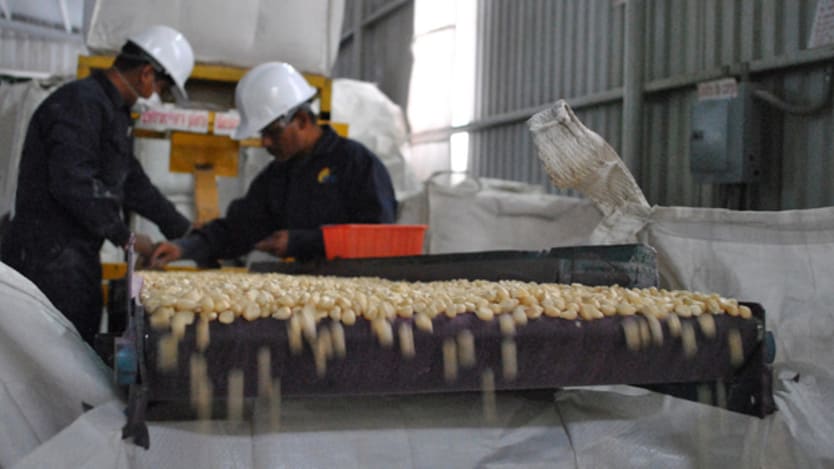
As companies are increasingly looking at creating sustainable supply chains, they are working on improving how they trace various products and components.
Now there’s a new tool to help them through that process.
On Wednesday, the U.N. Global Compact and BSR — a network of more than 250 companies working to develop sustainable business strategies and solutions — released a guide to help companies tackle supply chain traceability.
“A guide to traceability: A practical approach to advance sustainability in global supply chains” discusses the importance of traceability in supply chains, its challenges, and then provides large companies as well as SMEs with practical advice on how to implement programs.
The tool defines traceability as “a process by which a product is moved from its original raw material extraction and production phase to the final customer” and was created after the Traceability Task Force — founded by the U.N. Global Compact Advisory Group on Supply Chain Sustainability — identified the need for additional guidance and information.
The seven key steps to implementation outlined in the guide are:
1. Identify the key commodities.
2. Gain a full understanding of all relevant sustainability issues related to those commodities and identify whether traceability is the best way to address those risks.
3. Develop a business case for traceability.
4. Take action through existing groups or work with other key stakeholders to create a new scheme.
5. Develop internal practices.
6. Work with suppliers.
7. Stay the course.
Join Devex, the largest online community for international development, to network with peers, discover talent and forge new partnerships — it’s free. Then sign up for the Devex Impact newsletter to receive cutting-edge news and analysis every month on the intersection of business and development.








